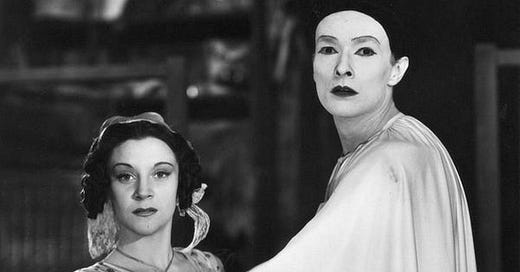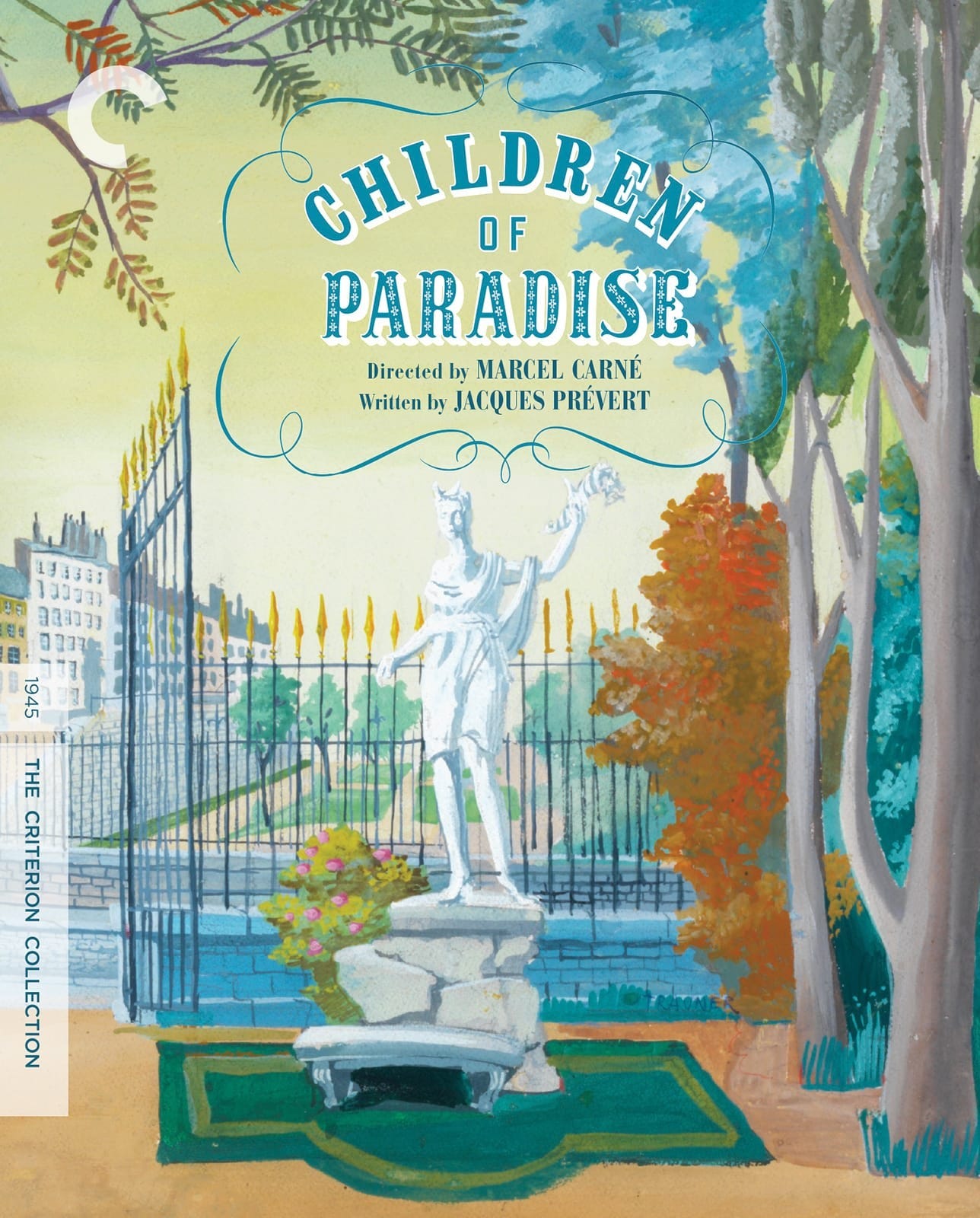You'll Never Guess Who Wrote One of the Best French Films Ever Made
The extreme pressure of Vichy France allowed this poet to create a true and durable diamond of cinema, and this poet's sensibilities can be perceived throughout each of its staggering 190 minutes.
If you’re a poet with a screenplay burning a hole in your metaphorical pocket, French realist poet Jacques Prévert may prove to be inspirational for your endeavors—or, more importantly, for your dreams.
Dreams, love, the moon, longing, art, poverty… Les Enfants du Paradis or The Children of Paradise is a consummate poet’s film, written by none other than Jacques Prévert, the poet who gave us Paroles, “Autumn Leaves,” and the best author photos containing dangling cigarettes of all time.
One of many films that Prévert wrote during his lifetime, Enfants is his best and most well known. Sometimes referred to as France’s answer to Gone with the Wind, Prévert’s Enfants chronicles the lives of a beautiful courtesan and four men who are obsessed with her beauty and spirit.
“Dreams, life—they’re the same. Else life's not worth living.”
—BAPTISTE, Les Enfants du Paradis
Children of Paradise (1945) was produced, with great difficulty, during the Second World War and later released after France was liberated. The extreme pressure of life under Vichy created a true diamond of cinema: the film voted the best French film of all time by the Association of French Cinema Journalists.
The film is full of poetry; it is poetry. The dialogue that comes out of the characters’ mouths is as richly imagistic as Prévert’s own poetry. Frederick the actor (Pierre Brasseur) describes his mulled wine as velour. Melancholy mime Baptiste (Jean-Louis Barrault) looks up at the sky and says, “The moon, my homeland.” Barrault’s mime work is similarly incredible: a true example of the power of the art form. Again and again the film takes your breath away with its pathos and verbal acuity.
The character who fares the best throughout the film is the one who most resembles a poet: Garance (Arletty). Named after a flower, as she and so many others who know her continually remind us, Garance is a human emblem of beauty for beauty’s sake. “I love everyone,” she says at one point, and we know that she means it. Garance allows herself to feel deeply but without attachment: if the French had founded their own sect of Buddhism, this would have been it. She is not concerned with material things and finds her gratification in experiences. Even when she finds herself the pretty bird in a gilded cage partially of her own making, she never fully allows herself to be trapped. Her body, her captor may have, but her mind—and her heart—remain free. C’est très français, non?
The year following the film’s release, Prévert would publish what would become his most well-known collection: Paroles (1946). In the 1960s, Lawrence Ferlinghetti would translate the poems after discovering one he admired scrawled on a cafe table.
As Gioia Woods writes in her impeccable “‘Reinvent America and the World’: How Lawrence Ferlinghetti and City Lights Books Cultivated an International Literature of Dissent”:
“‘Prévert,’ as Ferlinghetti wrote, ‘spoke particularly to the French youth immediately after the War, epecially to those who grew up during the Occupation and felt totally estranged from Church and State” (Ferlinghetti Paroles 4). The poems used simple language, cinematic images, and black humor to confront the dehumanizing effects of authory on individuals.
Ferlinghetti was a vociferous advocate for Prévert and linked his work to the kind of dissident, revolutionary poetry he himself sought to champion with City Lights Books. Publishers were initially resistant to his translations, but in the end, Ferlinghetti had the last laugh: Prévert’s Paroles went on to become almost as bestselling in this country as it was in France.
Prévert’s screenplay masterpiece divides the world into two types of people: those who wish to be told they are loved and don’t care if they actually are, and those who wish to be actually loved even if it can’t be spoken aloud or publicly. Edouard (Louis Salou) is of the former category; Garance and Baptiste are the latter sort. But, as you might imagine, love that can’t exist out in the open ends up being the true heart of the film: the battle between ideas and actions, the private and the public, love and oppression: these are at the heart of Prévert’s poetry, too.
Is there anything more French than love that cannot be? In Les Enfants du Paradis, love functions almost as a thing, like a firefly one can catch and hold in a bottle, rather than as an action or practice, as we have come to understand it in contemporary relationships. Garance and Baptiste love one another, and this love is immutable, even when the lovers have no contact for six years. Love remains even though it makes no sense, even though the parties are in relationships with other people, even though in the end (spoiler alert) they will not end up together (or so we’re led to believe). Love is just a fact; it either is or isn’t, exists or doesn’t. The film deals with high ideals while also offering up a heaping helping of riveting narrative: a tough feat to pull off for any writer.
My secret hot take is that poets make the best writers in any other genre, and a film like this feels like proof. If you’re not familiar with Prévert or with Les Enfants du Paradis, I highly recommend that you change that: tout de suite.








